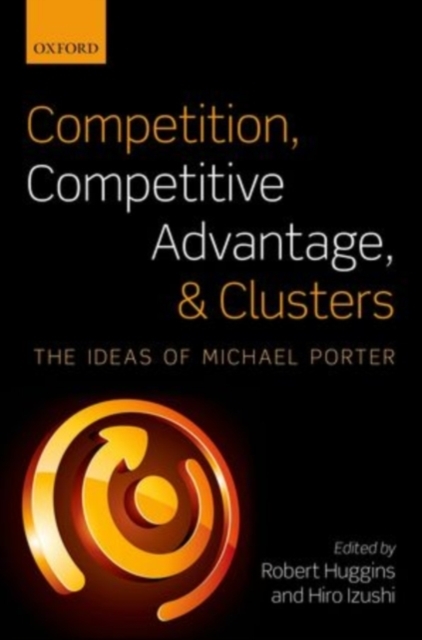
Competition, Competitive Advantage, and Clusters : The Ideas of Michael Porter PDF
Edited by Robert Huggins, Hiro Izushi
Description
Harvard professor, Michael Porter has been one of the most influential figures in strategic management research over the last three decades.
He infused a rigorous theoretical framework of industrial organization economics with the then still embryonic field of strategic management and elevated it to its current status as an academic discipline.
Porter's outstanding career is also characterized by its cross-disciplinary nature.
Following his most important work onstrategic management, he then made a leap to the policy side and dealt with a completely different set of analytical units.
More recently he has made a foray into inner city development, environmental regulations, and health care services.
Throughout these explorations Porter has maintained hisintegrative approach, seeking a road that links management case studies and the general model building of mainstream economics. With expert contributors from a range of disciplines including strategic management, economic development, economic geography, and planning, this book assesses the contribution Michael Porter has made to these respective disciplines.
It clarifies the sources of tension and controversy relating to all the major strands of Porter's work, and provides academics, students, and practitioners with a critical guide for the application of Porter's models.
The book highlights that while many of thecriticisms of Porter's ideas are valid, they are almost an inevitable outcome for a scholar who has sought to build bridges across wide disciplinary valleys.
His work has provided others with a set of frameworks to explore in more depth the nature of competition, competitive advantage, and clusters froma range of vantage points.
Information
-
Download - Immediately Available
- Format:PDF
- Publisher:OUP Oxford
- Publication Date:20/09/2012
- Category:
- ISBN:9780191635984
Information
-
Download - Immediately Available
- Format:PDF
- Publisher:OUP Oxford
- Publication Date:20/09/2012
- Category:
- ISBN:9780191635984






